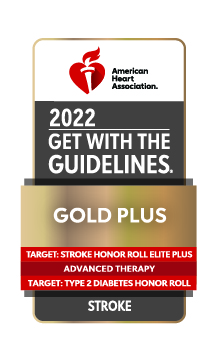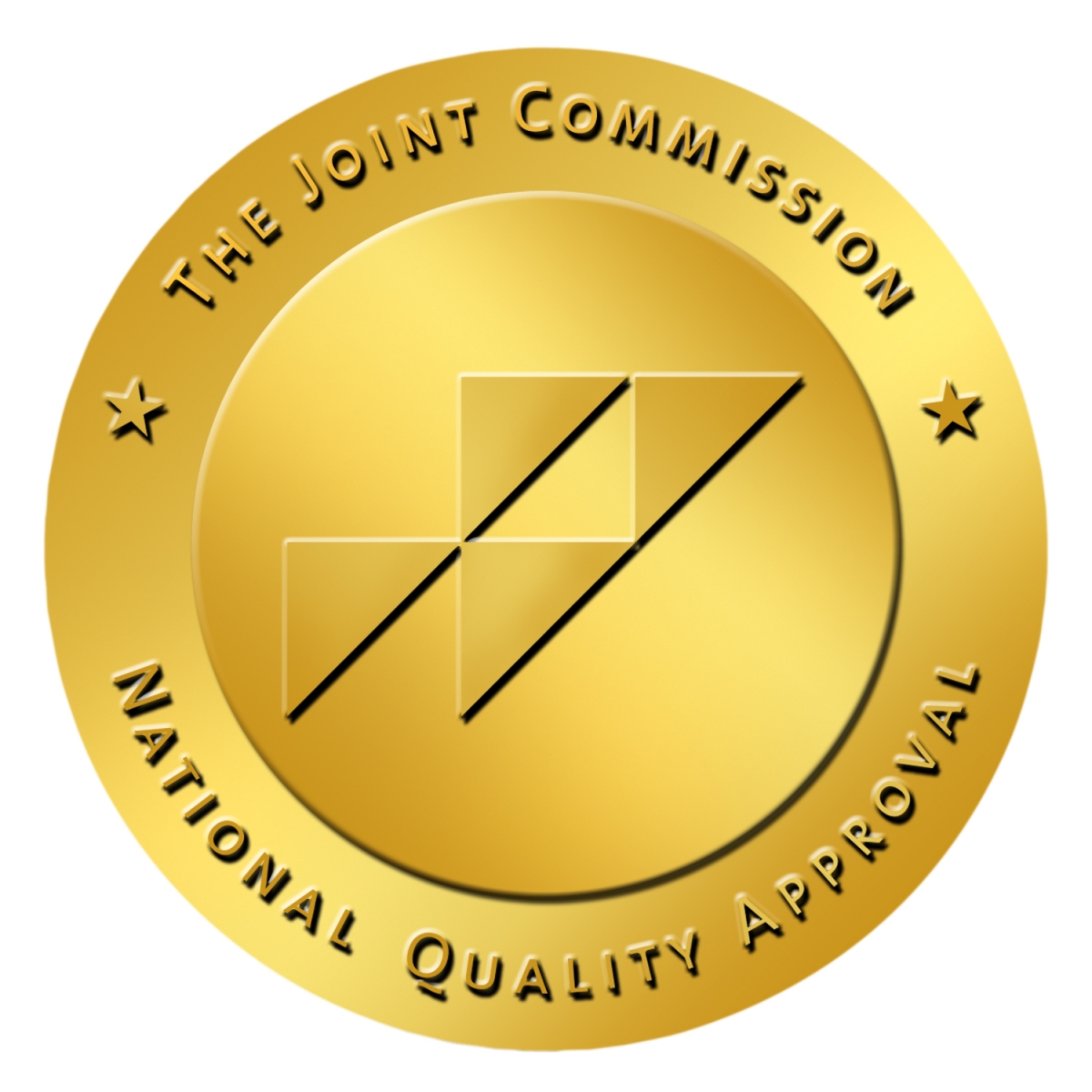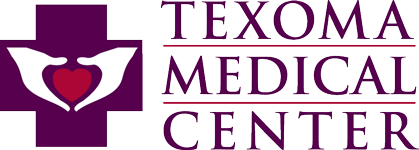Quality Care for Your Neurological Conditions
If you or a loved one has a personal or family history of neurological issues relating to stroke, neck and back pain and neurological trauma, Texoma Medical Center offers a wide range of services to help. Our neurologists, neurosurgeons and orthopedic spine surgeons use advanced surgical and non-surgical techniques to help keep you healthy.
Neurologists at Texoma Medical Center offer neurological exams and advanced care for neurological conditions affecting the central and peripheral nervous system. These conditions include epilepsy, multiple sclerosis and Parkinson’s disease. They also provide diagnosis and treatment for carpal tunnel syndrome, repetitive motion injuries and sleep disorders.
The neurosurgeons and spine surgeons at TMC specialize in surgery affecting the brain and spine. Among the conditions they treat are aneurysms, tumors, traumatic brain injury, back nerve pain from disc herniation and bone spurs, compression fractures and degenerative disease. They also perform minimally invasive procedures on the spine.
Schedule an Appointment
Please complete our general appointment form or call our referral service at 903‑416‑DOCS. You can also search for a physician online.
Neurointerventional Suite With Biplane Angiography
We have the only neurointerventional suite in the region that offers biplane angiography. This advanced, minimally invasive technology is used to diagnose and treat stroke and other neurological conditions.
Primary Stroke Center
 TMC is certified as a Primary Stroke Center by The Joint Commission, a recognition considered to be the gold standard for stroke patient care. We have also been designated as a Level II Primary Stroke Facility by the Texas Department of Health Services. For 2022, we are proud to have earned the American Heart Association/American Stroke Association Get With The Guidelines-Stroke GOLD PLUS with Honor Roll Elite Plus designation which is the highest level of recognition a stroke facility can receive for tPA performance and stroke metrics. We have also earned the Target Stroke: Advanced Therapy Award for our stroke thrombectomy processes and the Target Stroke: Type 2 Diabetes Honor Roll Achievement Award.
TMC is certified as a Primary Stroke Center by The Joint Commission, a recognition considered to be the gold standard for stroke patient care. We have also been designated as a Level II Primary Stroke Facility by the Texas Department of Health Services. For 2022, we are proud to have earned the American Heart Association/American Stroke Association Get With The Guidelines-Stroke GOLD PLUS with Honor Roll Elite Plus designation which is the highest level of recognition a stroke facility can receive for tPA performance and stroke metrics. We have also earned the Target Stroke: Advanced Therapy Award for our stroke thrombectomy processes and the Target Stroke: Type 2 Diabetes Honor Roll Achievement Award.
Spinal Fusion Certification
 Texoma Medical Center (TMC) has earned The Joint Commission’s Gold Seal of Approval® for Spinal Fusion Certification by demonstrating continuous compliance with its performance standards.
Texoma Medical Center (TMC) has earned The Joint Commission’s Gold Seal of Approval® for Spinal Fusion Certification by demonstrating continuous compliance with its performance standards.
Learn more about spinal fusion certification →
Neurological Services We Offer
Stroke Treatment
Stroke treatment includes intra-arterial and venous thrombolysis, mechanical thrombectomy and surgical evacuation of intracranial hemorrhage. TMC is certified in the treatment of stroke and carotid stenosis.
Low Back and Neck Pain Treatment
Using advanced technology, we offer treatment for various issues affecting the lower back and neck. These include motion-sparing artificial disc replacement and minimally invasive sacroiliac joint fusion.
Neurological Trauma Treatment
The critical care unit utilizes an intracranial monitoring system to perform timely surgery for various types of spine and head trauma. Patients with poly-trauma receive joint treatment from neurosurgeons and orthopedic surgeons and acute rehab from a rehab physician.
Rehabilitation
Those with neurological and spinal conditions may need rehabilitation therapy as part of their short- or long-term treatment. TMC offers inpatient and outpatient rehabilitation programs to help patients rebuild strength and endurance and achieve their highest level of recovery.
Our Team
The experienced neurologists, neurosurgeons and orthopedic spine surgeons at TMC are with their patients every step of their journey. They bring many years of combined experience and innovative care to help patients get back to the life they love. Within a supportive environment, they keep patients consistently informed and take the time to explain every step of the process.
Patient Stories
Justin Hall
Justin Hall found relief from decades of back pain at Texoma Medical Center.
Peter Chambers
Neurosurgery at Texoma Medial Center helped Lt. Col. Peter Chambers recover from a major spinal injury.
Conditions Treated
Head Injuries
Head injuries are common causes of disability and death in adults. The skull protects your brain from most minor bangs and bumps, but severe head injuries can occur from falls, motor vehicle accidents, and sports injuries. During this type of event, the brain moves inside the skull causing bleeding, tearing of tissues and swelling.
Common head injuries include skull fractures, concussions (short loss of normal brain function) and traumatic brain injury that causes moderate to severe damage to the brain.
Epilepsy
Epilepsy is a neurological condition of the brain that can make people more susceptible to having recurrent unprovoked seizures, which are the result of abnormal brain activity. Symptoms of epilepsy can include strange behavior, violent muscle spasms or loss of consciousness.
While there is no cure for epilepsy, medicines can help control seizures. In some cases, surgery or implanted devices can also assist with seizure control.
Multiple Sclerosis
Multiple Sclerosis (MS) is a major causes of neurological disability that affects the brain and spinal cord. Patients with MS suffer from multiple symptoms involving the motor, sensory, visual and cerebellar systems. Fatigue, behavioral health symptoms and cognitive health symptoms are recognized as serious symptoms of the MS syndrome. There is no cure for MS, but medicines may slow it down and help control symptoms. Physical and occupational therapy may also help.
Parkinson's Disease
Parkinson's disease is a nervous system disorder that affects movement and gradually takes away motor abilities. It is caused when nerve cells in the brain do not produce enough dopamine. Those with Parkinson’s can have varied symptoms including tremors, difficulty walking, rigid limbs and a lack of balance. Sometimes, patients also lose facial expressiveness and struggle with clear speech. There is no cure, but medications can sometimes reduce symptoms. Deep brain stimulation (DBS) can help severe cases. With DBS, electrodes are surgically implanted in the brain. They send electrical pulses to stimulate the parts of the brain that control movement.
